Stanford Team Finds Benefits to Online Autism Treatment
 In the early phase of the COVID-19 pandemic, Stanford Medicine researchers had to pause a study of autism treatment in preschoolers. The participants, young children with speech delays, had been coming to Stanford 12 hours a week for a therapy called pivotal response treatment, which uses autistic children’s interests to motivate them to talk. Read more ›
In the early phase of the COVID-19 pandemic, Stanford Medicine researchers had to pause a study of autism treatment in preschoolers. The participants, young children with speech delays, had been coming to Stanford 12 hours a week for a therapy called pivotal response treatment, which uses autistic children’s interests to motivate them to talk. Read more ›


 Rising parental expectations and criticism are linked to an increase in perfectionism among college students, which can have damaging mental health consequences, according to new research published by the
Rising parental expectations and criticism are linked to an increase in perfectionism among college students, which can have damaging mental health consequences, according to new research published by the 
 Bullying puts youth at increased risk for depression, suicidal ideation, misuse of drugs and alcohol, risky sexual behavior, and can affect academics as well. For LGBTQ youth, that risk is even higher.
Bullying puts youth at increased risk for depression, suicidal ideation, misuse of drugs and alcohol, risky sexual behavior, and can affect academics as well. For LGBTQ youth, that risk is even higher. 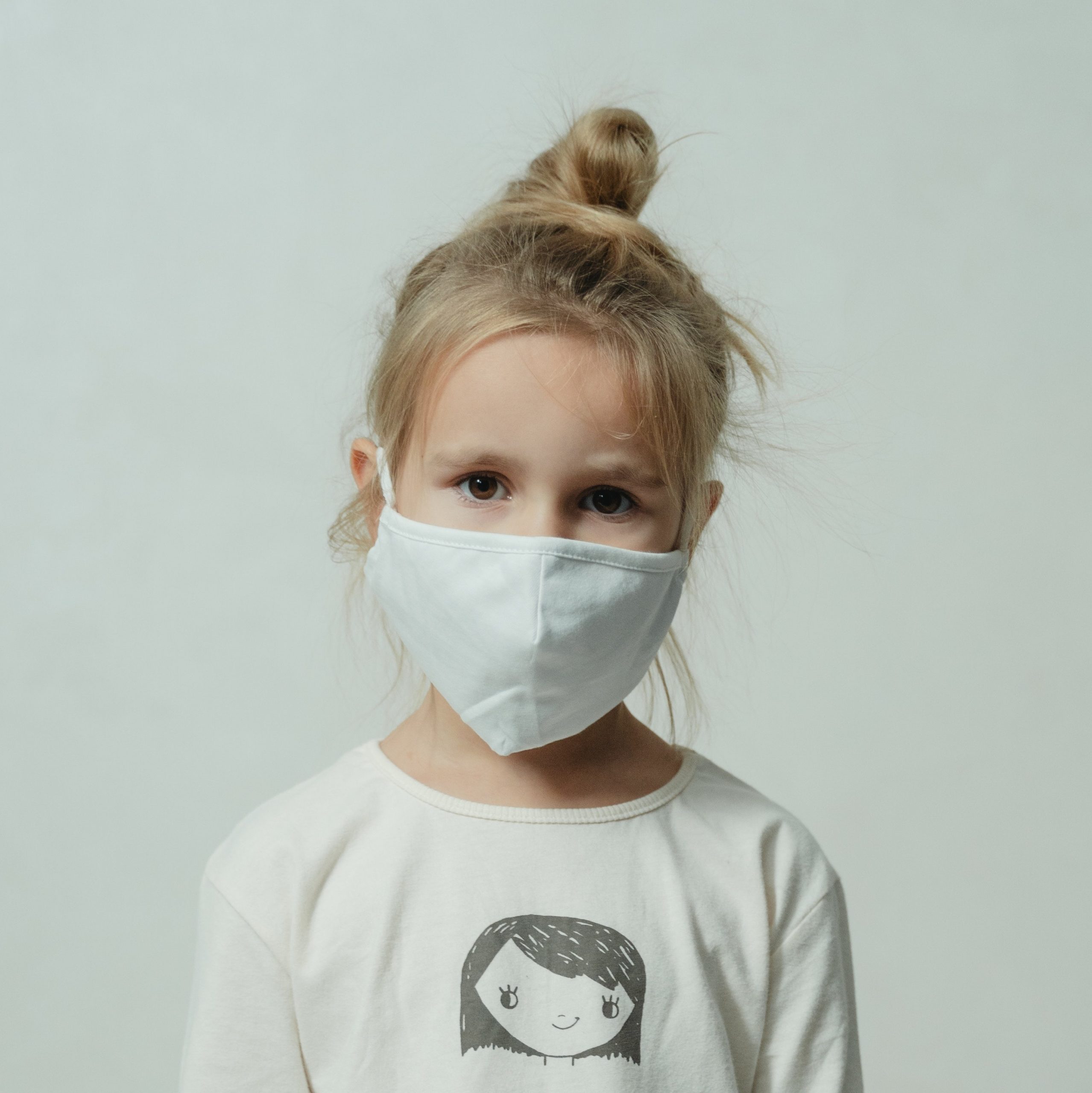
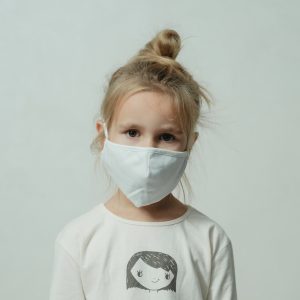 Some parents express worry that masks might interfere with children’s ability to learn or to socialize. Other parents fear that unmasking will lead to more COVID-19 cases.
Some parents express worry that masks might interfere with children’s ability to learn or to socialize. Other parents fear that unmasking will lead to more COVID-19 cases.
 Strange and sometimes debilitating symptoms lasting long past the original bout of sickness are presenting in many people who’ve had Covid-19. The
Strange and sometimes debilitating symptoms lasting long past the original bout of sickness are presenting in many people who’ve had Covid-19. The 
 Survey data from
Survey data from 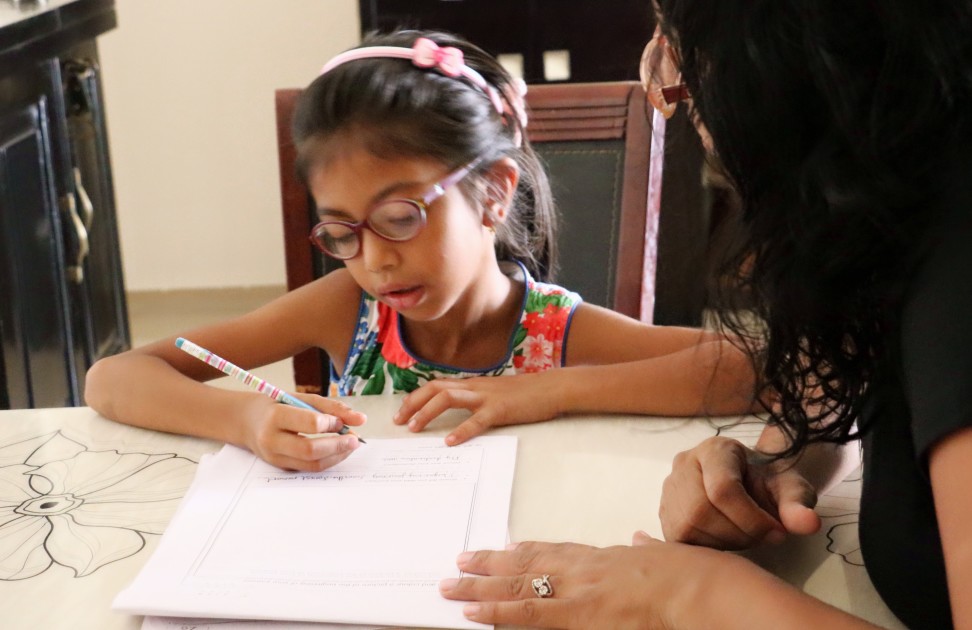
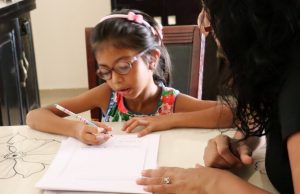 A study on autism’s gender differences, published in the journal Molecular Autism, focused on the language that autistic girls and boys used during semi-structured interviews by exploring social word use. When comparing autistic girls and boys between the ages of 6 and 15 with similar IQs and levels of autism, girls were shown to use far more social words—that is, words that make reference to other people, including family and friends—than their male counterparts.
A study on autism’s gender differences, published in the journal Molecular Autism, focused on the language that autistic girls and boys used during semi-structured interviews by exploring social word use. When comparing autistic girls and boys between the ages of 6 and 15 with similar IQs and levels of autism, girls were shown to use far more social words—that is, words that make reference to other people, including family and friends—than their male counterparts. 
 Over the past 2 years, the COVID-19 pandemic has caused many physical and emotional challenges. But has it also adversely affected people’s eating patterns and increased the prevalence of disordered eating?
Over the past 2 years, the COVID-19 pandemic has caused many physical and emotional challenges. But has it also adversely affected people’s eating patterns and increased the prevalence of disordered eating? 
 Emergency rooms across the country have seen a surge in the number of teenage girls dealing with eating and other disorders, including anxiety, depression and stress, during the pandemic, a new government report shows.
Emergency rooms across the country have seen a surge in the number of teenage girls dealing with eating and other disorders, including anxiety, depression and stress, during the pandemic, a new government report shows.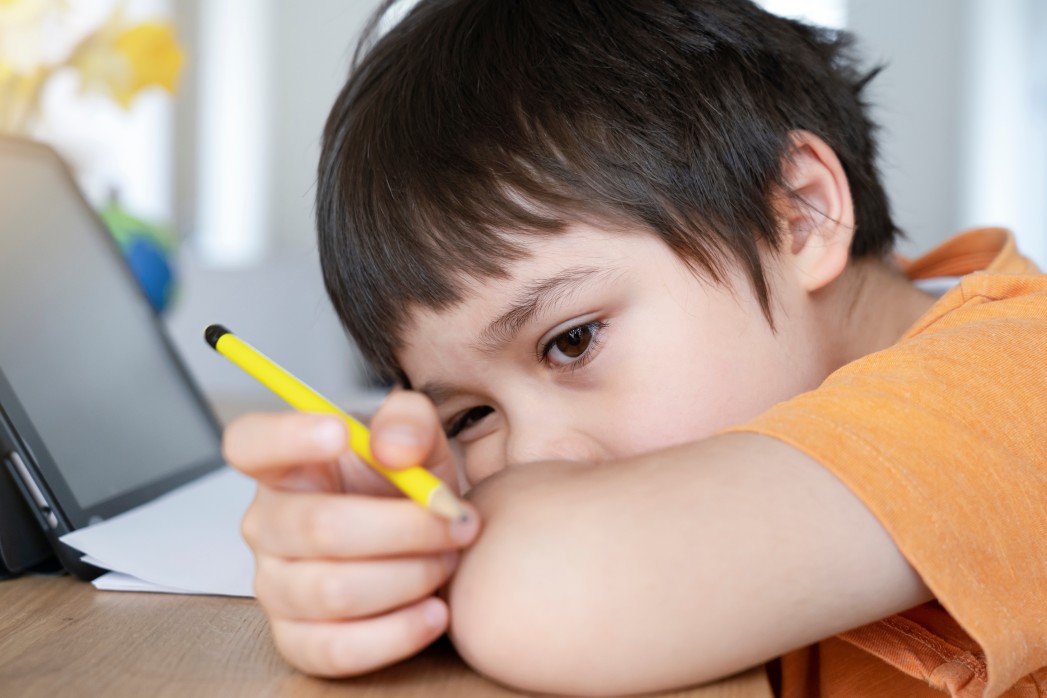
 There’s
There’s 

